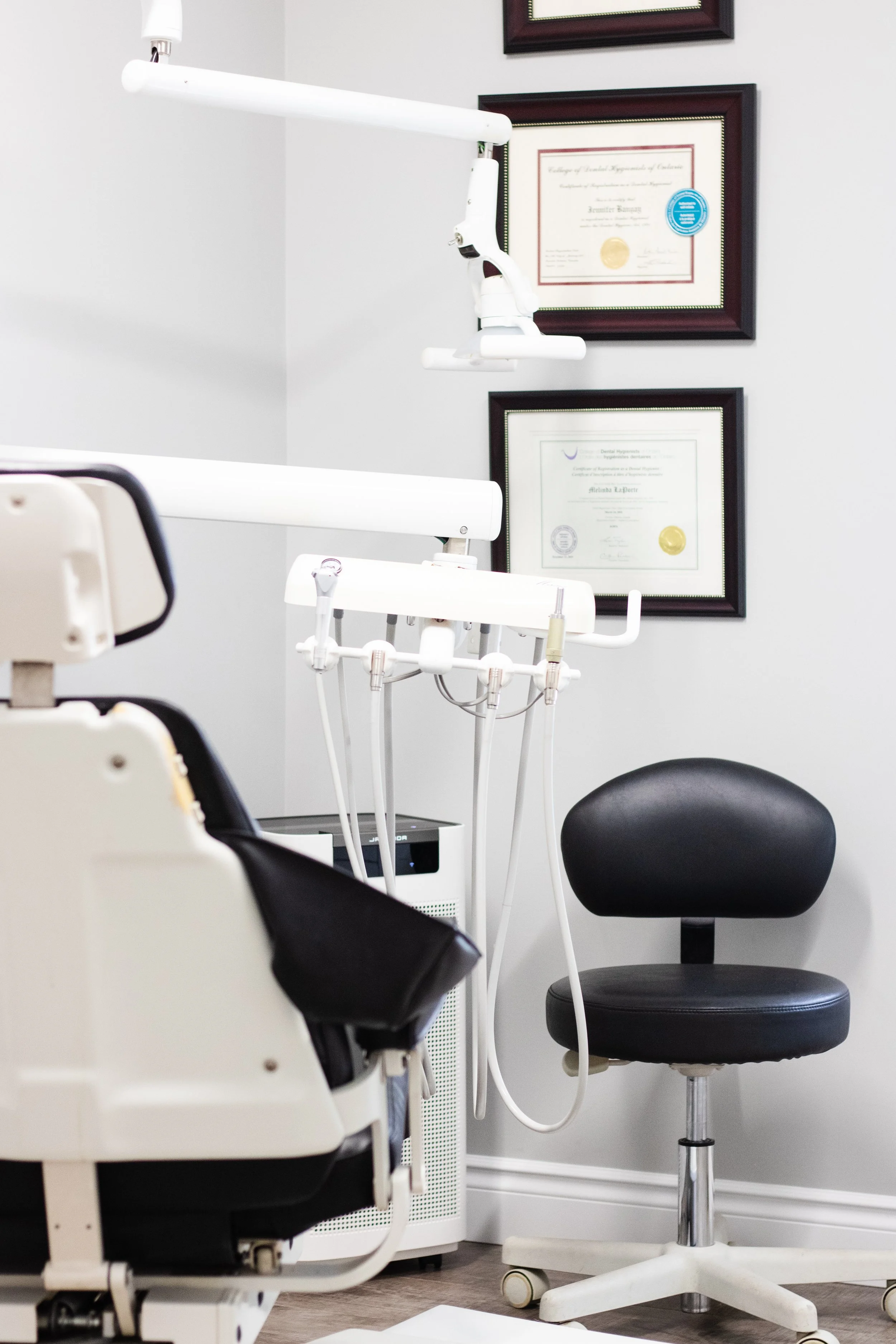The Benefits of Independent Registered Dental Hygienists: A New Era in Oral Health Care
The dental industry is constantly evolving, and with it, the roles of dental professionals are becoming more flexible and innovative. One of the exciting developments in this field is the rise of Independent Registered Dental Hygienists (IRDHs). Unlike traditional dental hygienists who work under the supervision of a dentist, IRDHs operate autonomously, providing a range of services that can greatly benefit both patients and the broader health care system. Let’s explore the numerous advantages of having Independent Registered Dental Hygienists in our communities.
1. Enhanced Accessibility to Care
One of the most significant benefits of Independent Registered Dental Hygienists is their ability to increase access to oral health care, especially in underserved or rural areas. Often, these communities have limited access to dental offices, leading to gaps in necessary preventive care and education. IRDHs can establish their own practices, bringing services directly to patients, whether in community health centers, schools, or even through mobile clinics. This amplifies the reach of oral health services and allows more people to receive the care they need.
2. Patient-Centered Care
Independent Registered Dental Hygienists have the unique ability to focus solely on the needs of their patients without the constraints of traditional dental practice models. This allows them to spend more time with each patient, fostering a relationship built on trust and personalized care. By concentrating on preventive treatment and education, they can develop tailored oral health plans that address individual needs, preferences, and circumstances. This patient-centered approach enhances satisfaction and encourages better oral hygiene practices among patients.
3. Preventive Focus
The shift towards preventive care is crucial in improving overall health outcomes, and IRDHs are well-positioned to lead this charge. With a strong emphasis on education and prevention, Independent Registered Dental Hygienists can conduct thorough assessments, cleanings, and screenings, guiding patients in maintaining optimal oral health. Their expertise enables them to identify potential issues early, reducing the need for more complex and costly treatments down the line. This not only benefits patients but also contributes to lower healthcare costs for communities.
4. Holistic Health Perspectives
Independent Registered Dental Hygienists often advocate for a more holistic approach to health. Understanding the connections between oral health and overall wellness, they can provide guidance not just on dental hygiene but on lifestyle factors that influence health, such as diet, smoking cessation, and stress management. This holistic perspective empowers patients to make informed decisions about their health, bridging the gap between dental care and general health.
5. Flexible Services
IRDHs have the freedom to offer services beyond traditional cleaning and scaling. These may include teeth whitening, fluoride treatments, sealants, and nutritional counseling tailored to prevent dental issues. The flexibility also allows them to serve diverse populations such as the elderly, children, or those with special needs, adapting their services according to individual requirements. This adaptability can be a game-changer, especially in accommodating patients who may struggle to access conventional dental care.
6. Reduced Costs for Patients
With the ability to operate independently, Registered Dental Hygienists often have lower overhead costs compared to traditional dental offices. These savings can be passed on to patients, making dental care more affordable. Additionally, by providing preventive care and education, IRDHs can help reduce the overall financial burden associated with dental diseases, ultimately leading to healthier communities.
7. Enhanced Professional Satisfaction
For dental hygienists, having the ability to practice independently can lead to greater job satisfaction. IRDHs enjoy increased autonomy, the ability to shape their services, and the chance to build meaningful relationships with their patients. This increase in job satisfaction not only benefits hygienists but also improves the quality of care they can provide, resulting in better health outcomes for their clients.
The emergence of Independent Registered Dental Hygienists is revolutionizing the landscape of oral health care. By increasing accessibility, focusing on preventive care, and providing personalized services, IRDHs are making a substantial impact on their communities. As the health care landscape continues to evolve, the role of IRDHs will undoubtedly play a significant part in promoting better oral health and overall wellness. Whether you are a patient seeking dental services or a hygienist exploring your career options, the advantages of independent practice are worth considering in the journey toward a healthier future.

